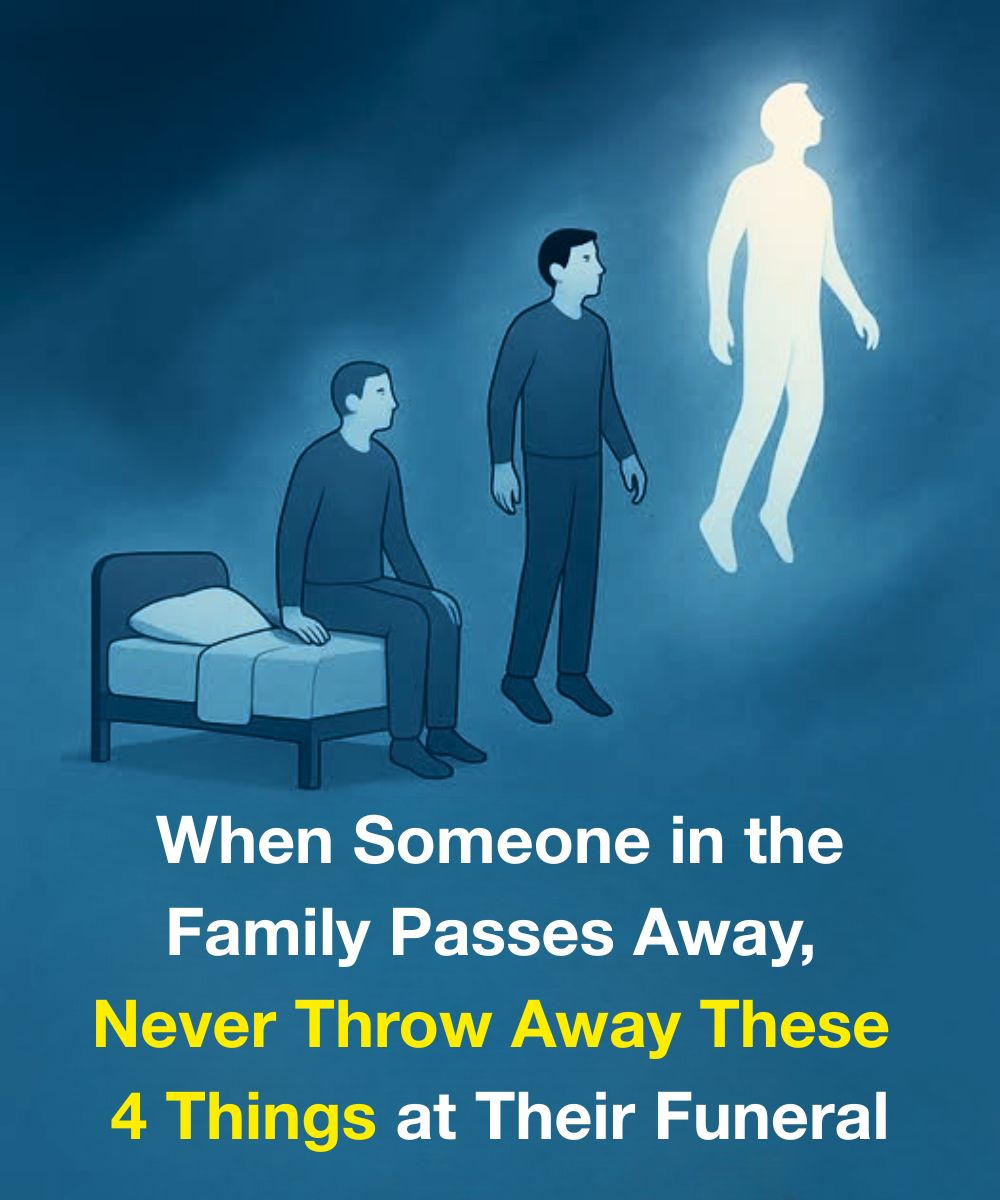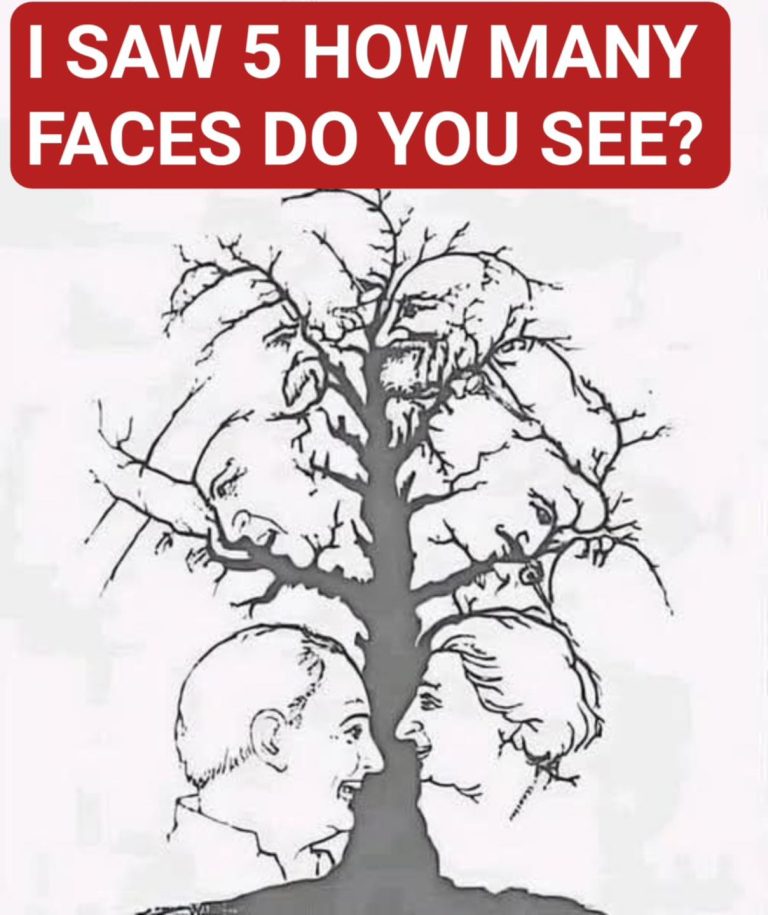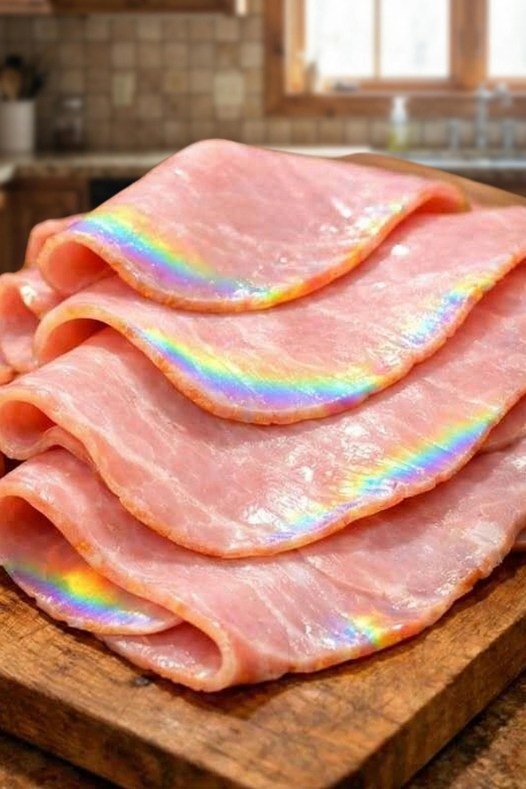
Losing a loved one is one of life’s most painful experiences. In the midst of grief and the flurry of arrangements, it’s easy to overlook small details that may hold deep emotional and even practical value later on. While sorting through a loved one’s belongings, there are certain items that should never be discarded hastily during or after the funeral. These objects can carry immense sentimental, historical, and even spiritual significance.
Here are four important things you should never throw away when someone in the family passes away:
1. Personal Letters and Handwritten Notes
Handwritten letters, notes, and cards are more than just pieces of paper—they are tangible connections to the person’s thoughts, feelings, and memories. Over time, these words become cherished keepsakes that can offer comfort during difficult moments and preserve the voice of your loved one long after they are gone.
It’s not uncommon for people to regret discarding old letters, only to later yearn for even the smallest note in the person’s handwriting. Hold onto them; they are priceless.
2. Family Photographs
In the emotional whirlwind of loss, it may seem practical to clear out photo albums and loose pictures, especially if they seem disorganized or duplicated. However, photos preserve moments that can never be recreated.
Old family photographs also hold immense historical value. They can serve as visual records for future generations, telling stories of heritage and legacy. Never underestimate the power of a photograph to bring back the warmth of a loved one’s presence.
3. Jewelry and Personal Accessories
Items such as watches, rings, necklaces, and other personal accessories often carry more meaning than their monetary value suggests. These objects may have been worn daily, held significance in special moments, or symbolized relationships and milestones.
Even if they seem old-fashioned or worn, personal jewelry and accessories often become treasured heirlooms. Passing them down through generations can keep your loved one’s memory alive in a very personal and intimate way.
4. Important Documents and Certificates
While grief can make you want to eliminate the burden of paperwork, it’s crucial to preserve important documents. Items such as birth certificates, marriage licenses, wills, property deeds, and military records are essential for handling legal matters and estate settlements.
Beyond their practical use, these documents also provide valuable information about your family history and lineage, which can be vital for future generations who wish to trace their roots.
In Conclusion
In the midst of loss, it can be tempting to clear out belongings quickly in an attempt to move forward. However, some items are too precious to part with. Personal letters, photographs, jewelry, and important documents should always be preserved with care.
These objects not only serve as lasting connections to the one you’ve lost but also become treasures for generations to come. In honoring their memory, we preserve a piece of them within our own lives—and ensure that their story continues to be told.




14 thoughts on “When Someone in the Family Passes Away, Never Throw Away These 4 Things at Their Funeral”